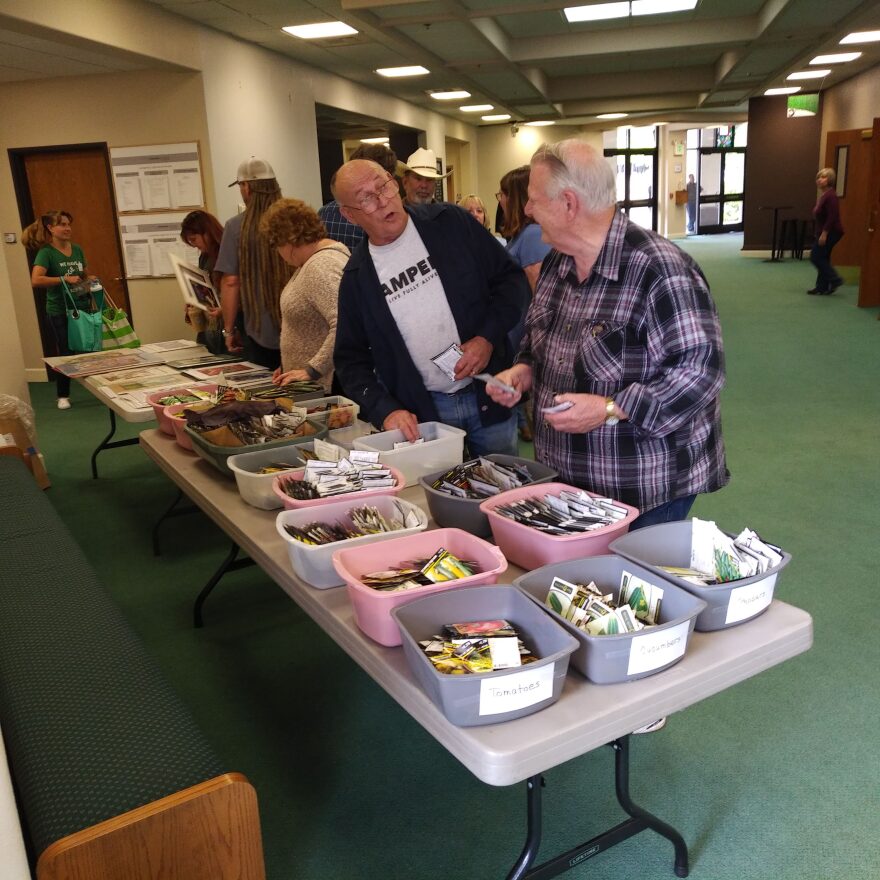Utilities throughout Paradise and some surrounding areas will be rebuilt and moved underground; a huge surprise that prompted a standing ovation at a crucial town council meeting Wednesday night.
Residents rose to their feet as new information, essentially direction from a federal judge overseeing the bankruptcy of California’s largest utility, was relayed by Aaron Johnson, a Pacific Gas & Electric Company electrical division vice president.
“As I stand in front of you here tonight, on behalf of my company, I want to apologize for the role our equipment had in this tragedy,” Johnson said. “Nothing I can stand up in front of you and say is going to undo that, and I know that.”
After the apology, Johnson delivered more welcome news.
“Moving forward we will be undergrounding the entire electrical distribution system for the town, and some of the surrounding areas,” he explained.
Johnson said it would take about five years and he could not specify which areas beyond Paradise are included. He said undergrounding immediately after the fire would have caused enormous reconstruction delays.
Additionally, he said the court directed PG&E to create a $105 million fund for uninsured and underinsured survivors of the Camp Fire and other recent wildfires traced to PG&E’s equipment. The money will come from shareholders. The fund will be administered by a separate, independent body.
PG&E’s announcement may have stolen the show, but hundreds had turned out at the Paradise Alliance Church for what was billed as the culminating session of a months' long visioning process. Safer, welcoming, stronger and better were the broad if vague shared themes, but in the details, divisions remain.
Residents were invited to critique and offer additional input as the town’s Pittsburgh-based facilitator, Urban Design Associates prepares final recommendations to the council.

Concepts, such as a reliable emergency notification system and reconstruction of the Gold Nugget Museum and Norton Buffalo Hall received near universal support, while initiatives framed with any form of the word ‘sustainable’ gathered significant opposition.
Affordable housing received the most objections, even in a town known for trailer parks and retirees on fixed incomes.
Earlier, officials pitched a series of building code changes that eliminate fire vulnerabilities, but add to construction costs.
Survivor Gwen Marzewski and her husband are leaning toward rebuilding, but watching this discussion very closely.
“We’re waiting to see where all this falls, to see if this is something we really want to rebuild our home, but we need to find out how much this is really going to cost us," Marzewski said. "So we kind of have to hold off and wait and see, is this something that’s going to be viable.”
That perhaps will be the biggest challenge ahead: balancing stricter building codes that make homes less likely to burn, with higher costs that could leave many with no piece of Paradise at all.



